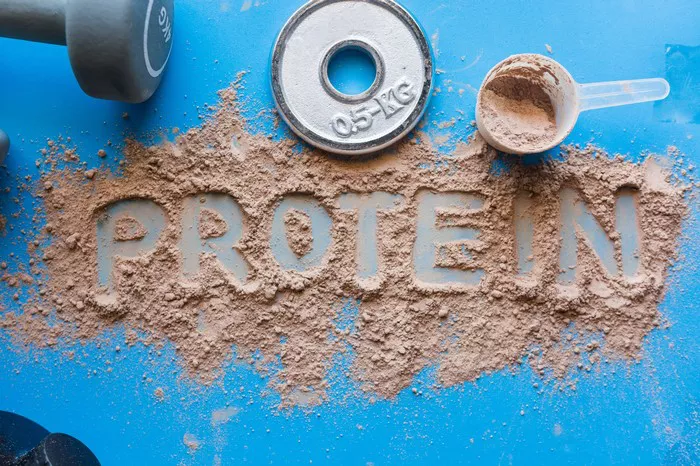Dreaming of perfect skin by the poolside? If eczema is part of your skin routine, summer could bring new challenges. But don’t worry, we’ve got you covered!
Heat and humidity can severely affect your skin, especially if you’re dealing with eczema (also known as atopic dermatitis). Studies show eczema flares up most often in warmer weather, damaging your delicate skin barrier and causing symptoms like red, discolored rashes, thick, raised patches, and oozing sores.
To help, we spoke with top dermatologists about how to avoid common summer eczema triggers and soothe flare-ups.
Conquering the Heat
High temperatures can intensify itching, causing a constant, uncomfortable sensation. “Heat causes blood vessels to dilate, which amplifies skin inflammation,” explains Dr. Mamina Turegano, a dermatologist in Metairie, Louisiana.
Relief Tip: Resist scratching (we know, it’s tough!), and try this cool trick: put ice cubes in your mouth. “It cools you down, constricts blood vessels, and soothes your skin,” says Dr. Turegano.
Smart Sun Exposure
You might have heard that sunlight helps eczema, but the truth is more complex. While sun exposure may reduce skin inflammation (which is why light therapy can help eczema), harmful UV rays can cause sunburn, which worsens the condition.
Pain Relief: A high-quality sunscreen can be a lifesaver. Choose mineral-based formulas with zinc oxide or titanium dioxide, which are gentler on sensitive skin. Apply sunscreen at least 15 minutes before heading outdoors, and reapply every two hours or immediately after swimming.
Sweat Smartly
Heat isn’t the only factor—sweat can also worsen eczema. “Sweat irritates the skin, especially if it’s already sensitive,” says Dr. Turegano. Research suggests that substances in sweat can penetrate weakened skin, causing itching.
Relief Tip: Opt for loose, cotton clothing to stay dry. Cotton is breathable and minimizes fabric friction, which can trigger irritation. Avoid synthetic fabrics like nylon or polyester, which trap heat and increase sweating. Dr. Turegano also recommends applying a thick moisturizer before exercising to create a protective barrier.
Poolside Protocol
Swimming pools may look refreshing, but chlorine can aggravate eczema. After swimming, rinse off immediately to remove chlorine and prevent skin irritation.
Relief Tip: Limit your time in hot tubs to no more than 10 minutes, as the heat can dry out your skin. After any bath or swim, apply moisturizer within three minutes to lock in moisture.
Managing Stress
Summer can be stressful, and stress is a known eczema trigger. Research shows that when temperatures rise, stress management becomes harder, which can exacerbate eczema symptoms.
Relief Tip: While you can’t eliminate all stress, taking a few moments to practice breathing exercises or follow a guided meditation can help calm your nerves and keep your skin in check.
Treatment Options
When eczema flares up, treatment is key. Dr. Turegano recommends seeing a dermatologist if eczema becomes bothersome. Treatment not only helps alleviate immediate symptoms like itching but also prevents long-term issues like skin discoloration and thickening.
First-line treatments include topical steroids or calcineurin inhibitors to reduce inflammation. For more severe cases, immunosuppressants or biologic medications may be prescribed.
For personalized care, it’s best to consult a board-certified dermatologist who can recommend the most suitable treatment for your skin. With the right approach, you can enjoy clear, comfortable skin this summer.
Related Topics



































